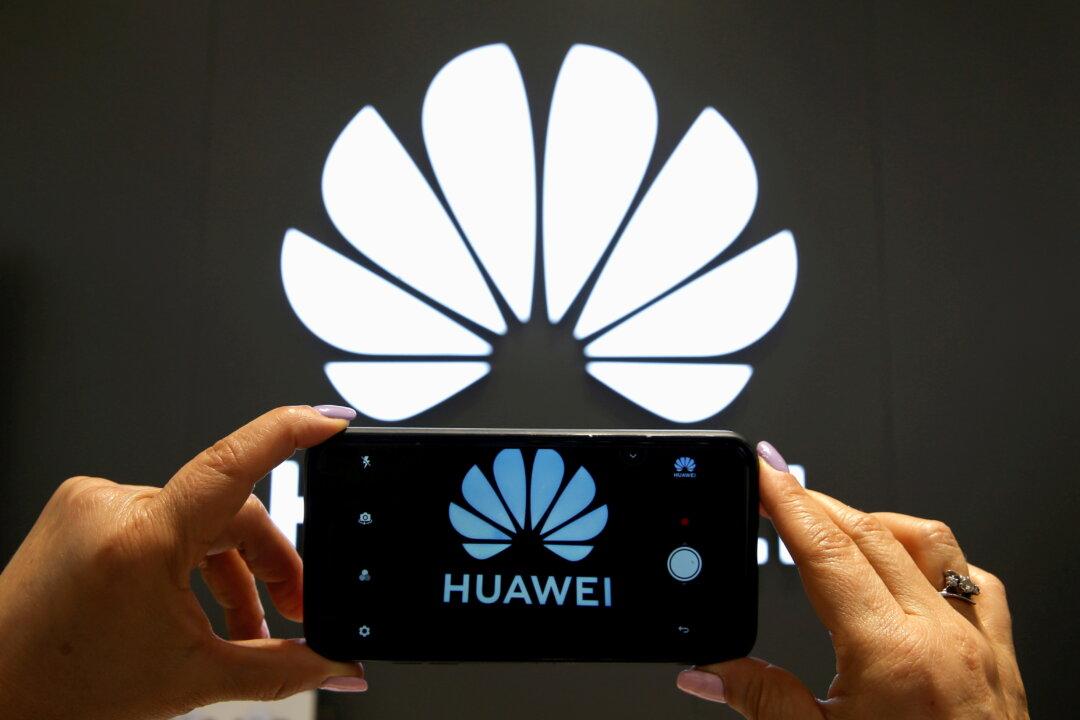SHENZHEN, China—Revenue of China’s Huawei Technologies Co. Ltd. plummeted 38 percent in the third quarter compared to the same period a year earlier, with U.S. sanctions having hobbled its smartphone business and new potential growth areas still in their infancy.
The Chinese telecoms giant posted revenue of 455.8 billion yuan ($71.32 billion) for the first three quarters on Friday, down by almost a third on the same period a year earlier, with a profit margin of 10.2 percent.





